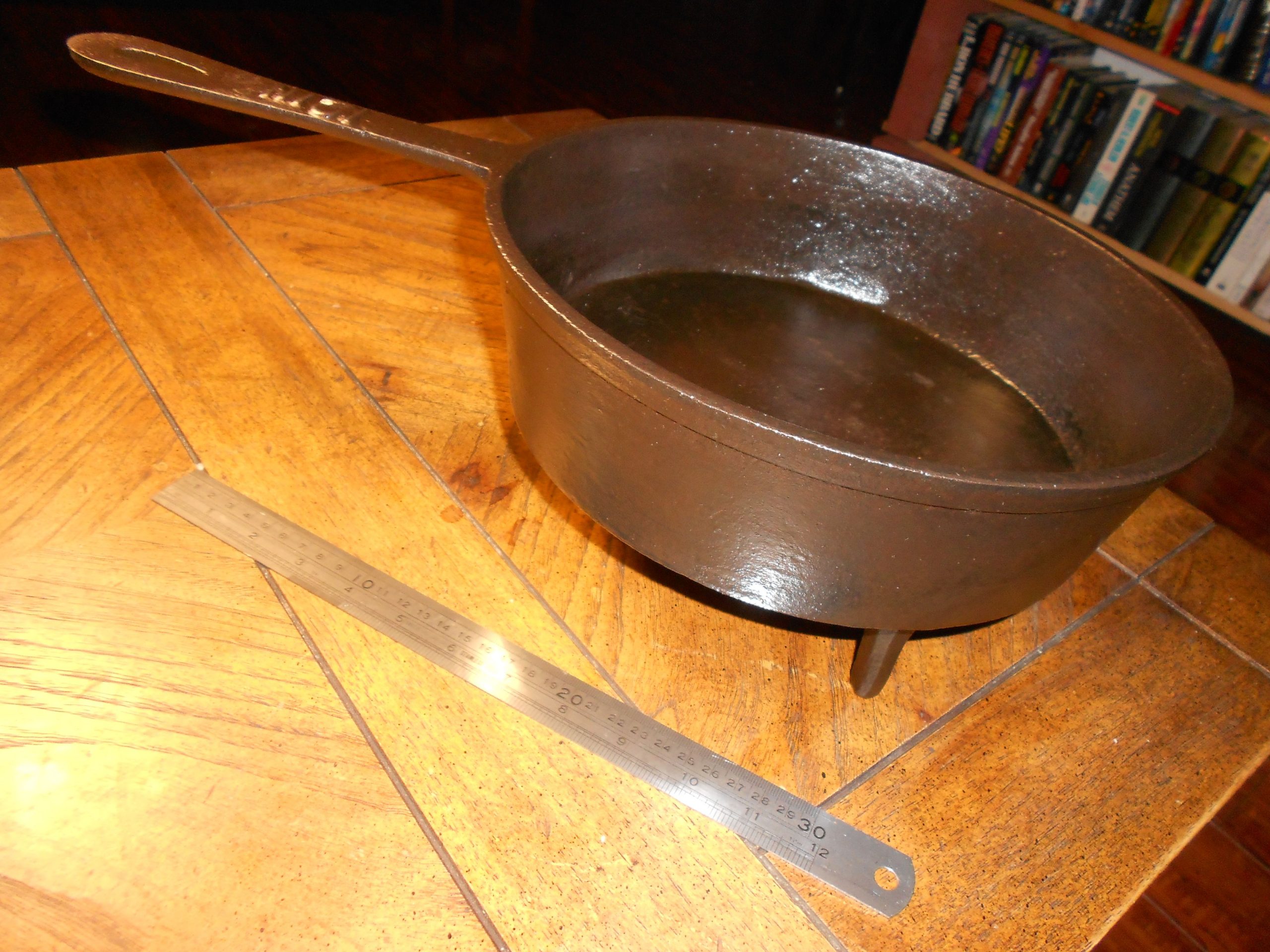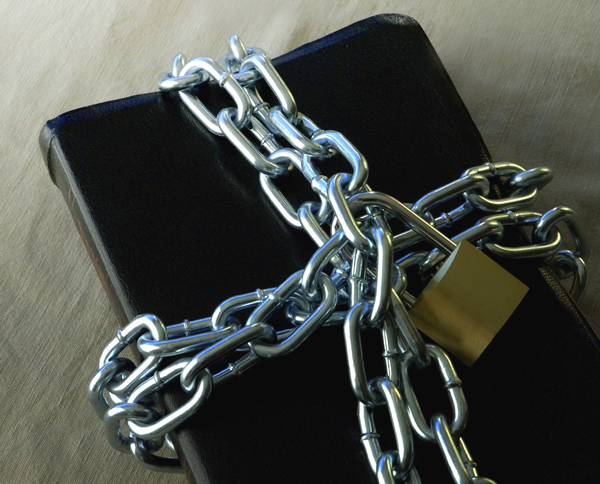One of the best materials for cooking ever invented by man is cast iron. The stuff is durable, hard, comprised of an iron-carbon alloy, resistant to damage, and can even shrug off the corrosive powers of rust.
Any cookware made from cast iron is almost indestructible. There are often repeated tales of people finding 75-year-old cast iron skillets in yard sales. You can abuse them and still recover them with some hard work.
One of the biggest benefits to cast iron is that it isn’t Teflon. Teflon, like so many attempts at better living through science, only works in a small range of usefulness, and then it turns on you like a rabid dog. A rabid scientific dog. The chemical composition of Teflon isn’t compatible with the human body. We’re cooking with stuff that could kill us. The selling point of Teflon is that nothing sticks it. It’s true, the fluoropolymer of tetrafluoroethylene compound has one of the lowest coefficients of friction against any solid. Which is a fancy way of saying “Stuff don’t stick to the chemicals”.
Cast iron, on the other hand, needs some care and attention, or everything will stick to it. On the plus side, you’re going to get more iron in your diet.
Cast iron holds heat like nothing else. It does not heat evenly, though, so watch out for that. But get it hot and it stays hot for quite sometime. Cook something in a skillet, move it off the heat, and it will stay warm until you are ready to use it.
Water and soap won’t kill it. I’d avoid soap unless there’s something that refuses to come off, otherwise you can get a slight soapy taste if you don’t scrub it out well. Cast iron doesn’t need soap that often. If you mess up the seasoning, it’s not a big deal. You can fix it. Just don’t let it soak in water or it will start rusting. If that happens, again, it’s not a big deal. You can fix that, too.
The secret to cast iron cooking isn’t a secret, but everyone acts like it is. Seasoning. If you treat your cast iron properly and get a good, slick surface, you can cook anything in it.
Now, seasoning cast iron is a little bit of work. If you screw up, just start over. You aren’t going to break it. Seriously. I took my parents old Dutch oven, which had sat in their barn for at least a decade, scoured off the rust, and seasoned it back up. It took a few times, but now I have a functioning Dutch oven.
Here’s a great video on how to clean up and season cast iron:
You can season your cast iron whenever you want to. It’ll take it. Unless you’ve been cooking with cast iron, you have no idea on how tough it is. Once you start, though, you’ll see how delicate Teflon really is and wonder why you had been using the dainty little flower when you could have been using a man’s cookware.
Since cast iron is made from the same stuff Hephaestus used in his forges for side projects like his automata delivery service to Olympus, you can use it just about anywhere. Stove top, in the oven, out over an open fire camping, cast iron don’t care. It’s the honeybadger of cookware.
Cast iron cookware can last generations. Somewhere along the way, we forgot that and ran after the latest scientific wonder. It’s time to bring back cast iron cooking as a normal thing, ditch the faithless creations of science, and lay down a tradition we can pass on to the next generation.










Why not just use Stainless Steel though? Best thing there’s.
Stainless is fine, but sometimes it doesn’t have the nonstick surface that cast iron does. I actually have both. I love my stainless, but there are just somethings that you cannot do as nicely in stainless as you can in cast iron.
4.5
Stainless steel is fine if that’s what you prefer.
One difference lies with the cast iron’s ability to radiate heat at higher rate than stainless, which is why cast iron is used for Dutch Ovens.
And it’s easier to fix cast iron from rust, plus it’s harder to scratch or ding. Of course, stainless steel is a lot lighter, if weight has got you worried.
I like the flavor of cast iron food over stainless steel.
Taste for me is dependent on what I am cooking in it. Sometimes cast iron can make things taste a little off. But you cannot get that same nonstick surface with SS no matter how well you clean it like you can with cast iron. Cast iron is the best thing for frying ever. Or making cornbread.
While you cannot get the same nonstick surface with it, some people like cast iron coated with enamel, like the Le Creuset line. Plus the colors are so nice. Best of both worlds I would say.
One more thing, cast iron can take that higher heat, some stainless that has a separate base disc attached can start to lose that base if the heat gets too hot. I speak from experience.
Thank you!
I never cared for SS enough to put it through its’s paces. Good to know certain pans can fail under the heat.
[…] can second every word of this article on cast-iron cookware, including this […]